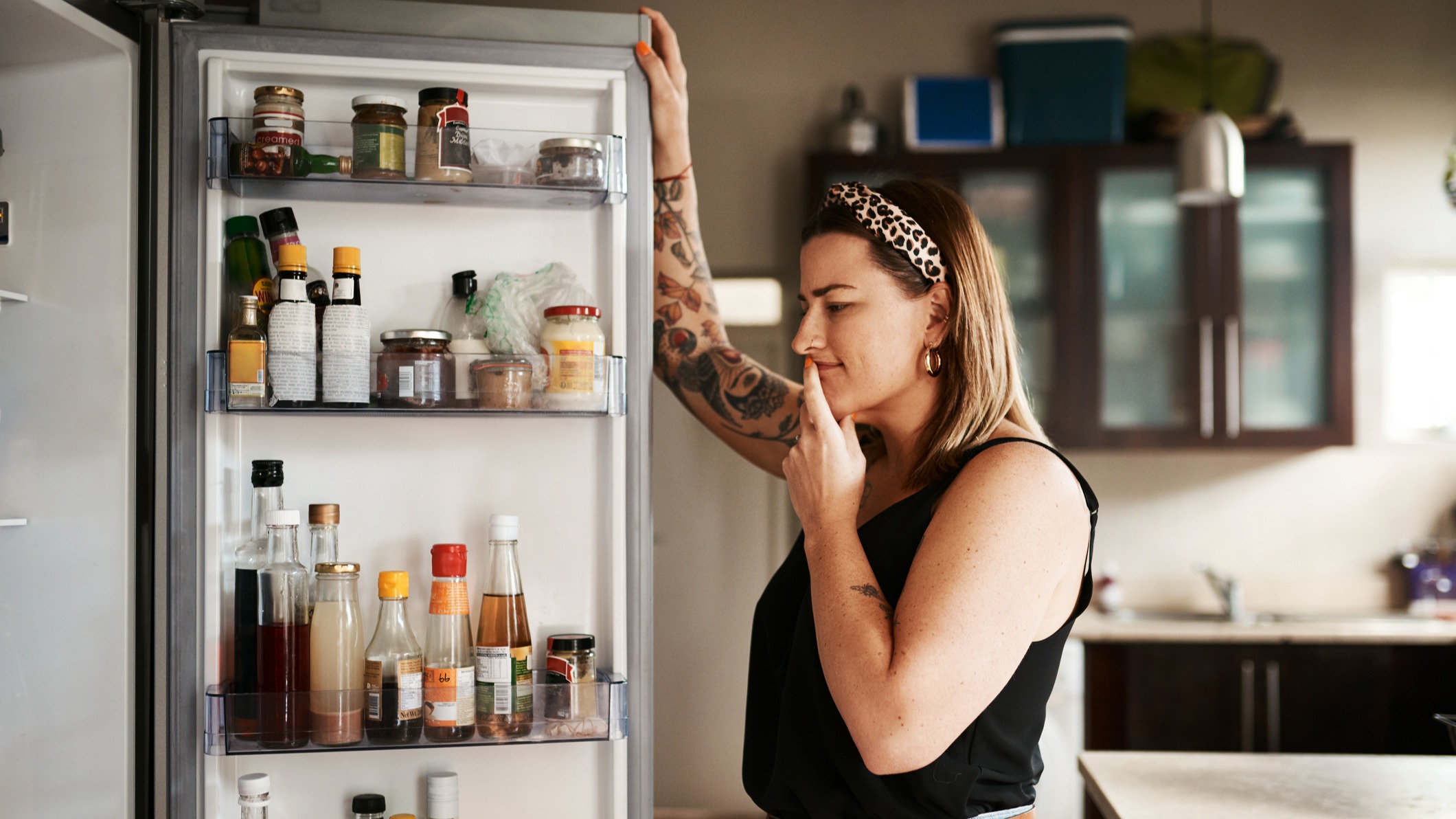
If you have aging parents, you may be grappling with difficult decisions about their care and living arrangements. Many older adults do not want to spend their golden years in assisted-living facilities, so you might be considering having your parent move in with you. Although the time you get to spend with a parent in their old age will be valuable, it may be challenging, especially if you have kids and a spouse to worry about, too. Here are 10 tips to ease the transition and make your multigenerational household work.
More from CafeMom: I 'Lost' My Parents the Moment They Became Grandparents & It's Very Bittersweet
Promote Open and Honest Communication
Open communication is crucial to maintaining harmony and respect between family members living under the same roof. Talk to your kids about how each day will be better and happier when they have their grandma or grandpa as a housemate.
Never skip explaining the downsides, too. Educate your children in a way helps them understand their grandparent’s unique needs and how giving love to that grandparent can make a positive difference in their quality of life.
Set Time Boundaries
Another helpful tip is establishing clear boundaries and expectations, especially about your availability. You potentially have three roles to play — a caregiver, a parent, and a spouse. With several people requiring your care and attention, setting a boundary for when you're available for a particular role is essential for maintaining balance in your life and living situation.
For instance, inform your parent you have two hours after dinner daily to listen to their concerns. Any problem after that should be tackled the following day unless it's an emergency. The idea is to let everyone know when they can access you and for how long.
Create a Daily Routine

A structured day with a predictable schedule can help reduce stress and anxiety, increase feelings of safety and security, and improve sleep.
Work with your loved ones to organize their daily routine and incorporate meals, sleeping, and exercise times at the same time every day. This way, behaviors are automatic and they can function self-sufficiently without needing to consult you or your kids on what they need to do.
Make Your Home Senior-Friendly
Aging may carry a wave of health setbacks for your loved one, specifically mobility. The ability to stand, walk, or move around the home may have declined — and it's a valuable consideration if you want to move a parent into your residence. Nearly 90% of older people want to age in place, which is possible if the home is aging-ready.
Consider making minor renovations to make your home senior-friendly. For instance, arrange furniture and put it on the side to avoid walkway obstructions. Ask a senior advisor about suitable home modifications to support an aging relative.
Educate Yourself on Your Loved One’s Condition
If your parent has diabetes, heart disease, dementia, or any chronic condition, carve out some time out of your busy schedule to read online resources that will arm you with knowledge you could use in the future.
It’s best to involve your kids, too, in case a home emergency occurs and they’re the only ones with your mom or dad. If the condition is more serious, however, you should avoid leaving children alone with your parent.
Get In-Home Care Assistance

In an AARP survey, 36% of family caregivers rated their situation as highly stressful. This pressure can quickly evolve into caregiver burnout and mental health issues, compromising your role as a parent.
Bring in a professional caregiver to assist with your caring responsibilities. The caregiver can help give medication reminders, provide companionship care, and do light housekeeping tasks. Enlisting a trained caregiver frees up time and energy to spend with your kids, partner, or pressing matters.
Consider Respite Services
Between 40% and 70% of caregivers exhibit clinical-level depressive symptoms, according to the Family Caregiver Alliance, with 25% to 50% receiving major depression diagnoses.
Respite support allows you time to heal from the stress of caregiving and to take care of your mental welfare. With this, you can leave your loved one's needs to a trained caregiver without guilt and go on a quick vacation, retreat, or counseling to recenter on your well-being or prioritize your young ones.
Join Caregiving Support Groups
Several nonprofits and local organizations offer caregiver support in various methods. Some have an online community where you can meet other volunteer caregivers, establish connections, and get advice. Others offer a library of valuable caregiving information. By participating in these free groups, you can find like-minded people who can support you emotionally and socially.
Know Your Parent’s Benefits

Medicaid may be able to help cover the cost of in-home care assistance to lessen the financial burden on your family.
Meanwhile, Medicare may be able to pay for therapy and personal care services in a home setting. It also covers counseling and medical supplies if your situation meets eligibility requirements. Knowing your parent's benefits and financing options can help you dodge financial stress.
Check Eligibility for Consumer-Directed Program
A consumer-directed program is a personal care assistance initiative by Medicaid that allows beneficiaries to choose their caregiver — whether a spouse, one of their children, or friends to take care of them at home.
Check if your loved one is qualified for the program. If the answer is yes, you can get paid for the hours caring for your senior mom or dad. The pay depends on the level of care needs and the wage average of a home care aide in your city.
Living With Your Senior Parent Can Be Meaningful
Juggling the role of a caregiver, parent, and spouse is a difficult act to manage. Caregiving is twice as challenging if your senior loved one lives with you.
But you can make it work by enlisting other people's help. You have a plethora of options if you need some backup — such as home care agencies if you want to hire an experienced caregiver. Never hesitate to ask for help. Your well-being matters, too.







